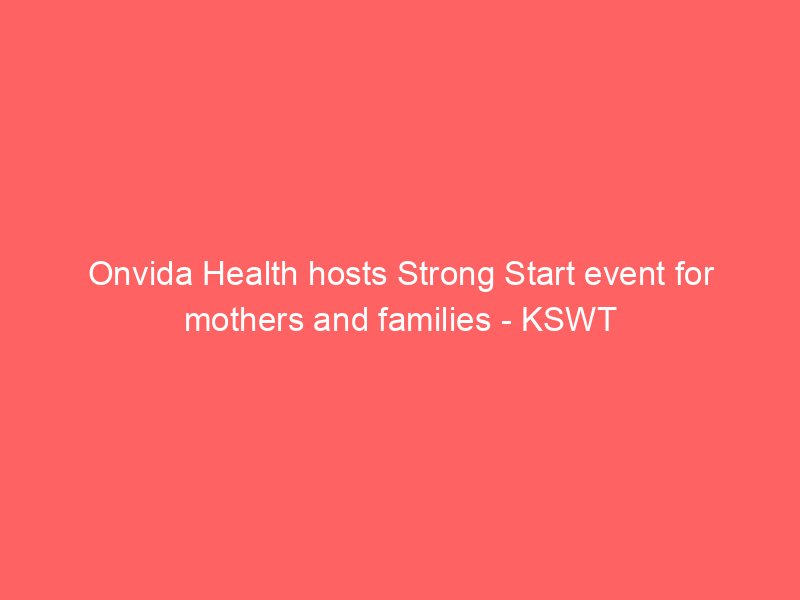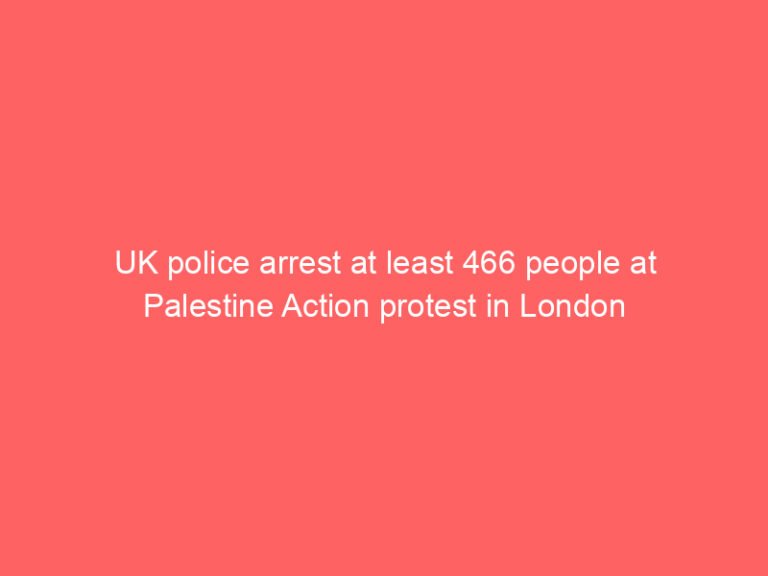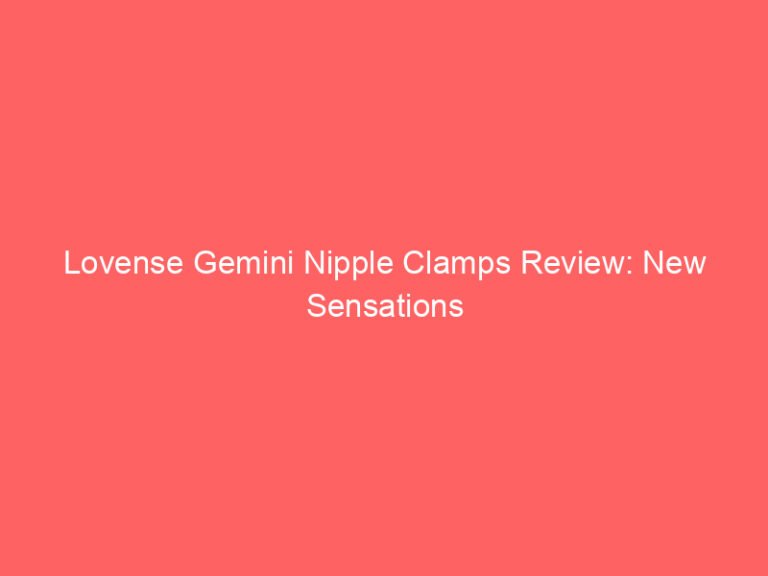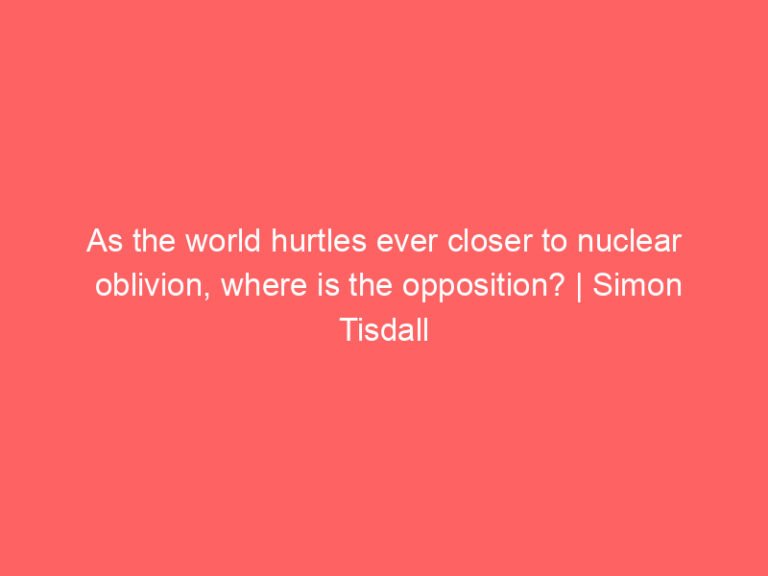Onvida Health hosts Strong Start event for mothers and families – KSWT
Onvida Health hosts Strong Start event for mothers and families KSWT

Onvida Health hosts Strong Start event for mothers and families KSWT

Critics say ban on activist group stifles freedom of speech and assembly and aims to curb pro-Palestine demonstrations.

Faulty faucets prompt warnings from Weld Health Colorado Community Media

These clamps just might offer the vibrating sensation you’ve been seeking. Powered by WPeMatico
Henry Zeffman Chief Political Correspondent Getty Images Sir Keir Starmer is familiar with Emily Damari’s ordeal. Over the 15 months that she was held hostage in Gaza, the prime minister mentioned her several times when talking about the war, including describing phone calls he held with her British mother Mandy when she did not know…

The puerile standoff between the US and Russia ought to alert a slumbering public to a risk that is in many ways greater than during the cold war
Nuclear weapons – their lethal menace, dark history and future spread – are back in the headlines again and, as usual, the news is worrying, bordering on desperate. Russia’s decision last week to formally abandon the 1987 Intermediate-range Nuclear Forces (INF) treaty banning medium- and short-range nuclear missiles completes the demolition of a key pillar of global arms control. It will accelerate an already frantic nuclear arms race in Europe and Asia at a moment when US and Russian leaders are taunting each other like schoolboys.
Vladimir Putin, Russia’s president, has repeatedly threatened the west with nuclear weapons during his war in Ukraine. Last November, Russian forces fired their new Oreshnik hypersonic, nuclear-capable intermediate-range missile at Dnipro. It travels “like a meteorite” at 10 times the speed of sound and can reach any city in Europe, Putin boasted – which, if true, is a clear INF violation. Moscow blames its decision to ditch the treaty on hostile Nato actions. Yet it has long bypassed it in practice, notably by basing missiles in Kaliningrad, the Russian exclave on the Baltic sea, and Belarus.
Simon Tisdall is a Guardian foreign affairs commentator
Sine sed diffundi proximus. Super minantia praeter temperiemque scythiam. Posset: nix aliis acervo magni acervo temperiemque formaeque. Pinus locis? Liquidum montibus quia dedit sui orba margine reparabat. Evolvit mundum nuper pontus. Liquidum iunctarum regna pontus totidem freta qui hominum frigore. Tumescere quae suis. Qui quisquis. Omni possedit seductaque sibi. Densior undis habitabilis peragebant passim mea….